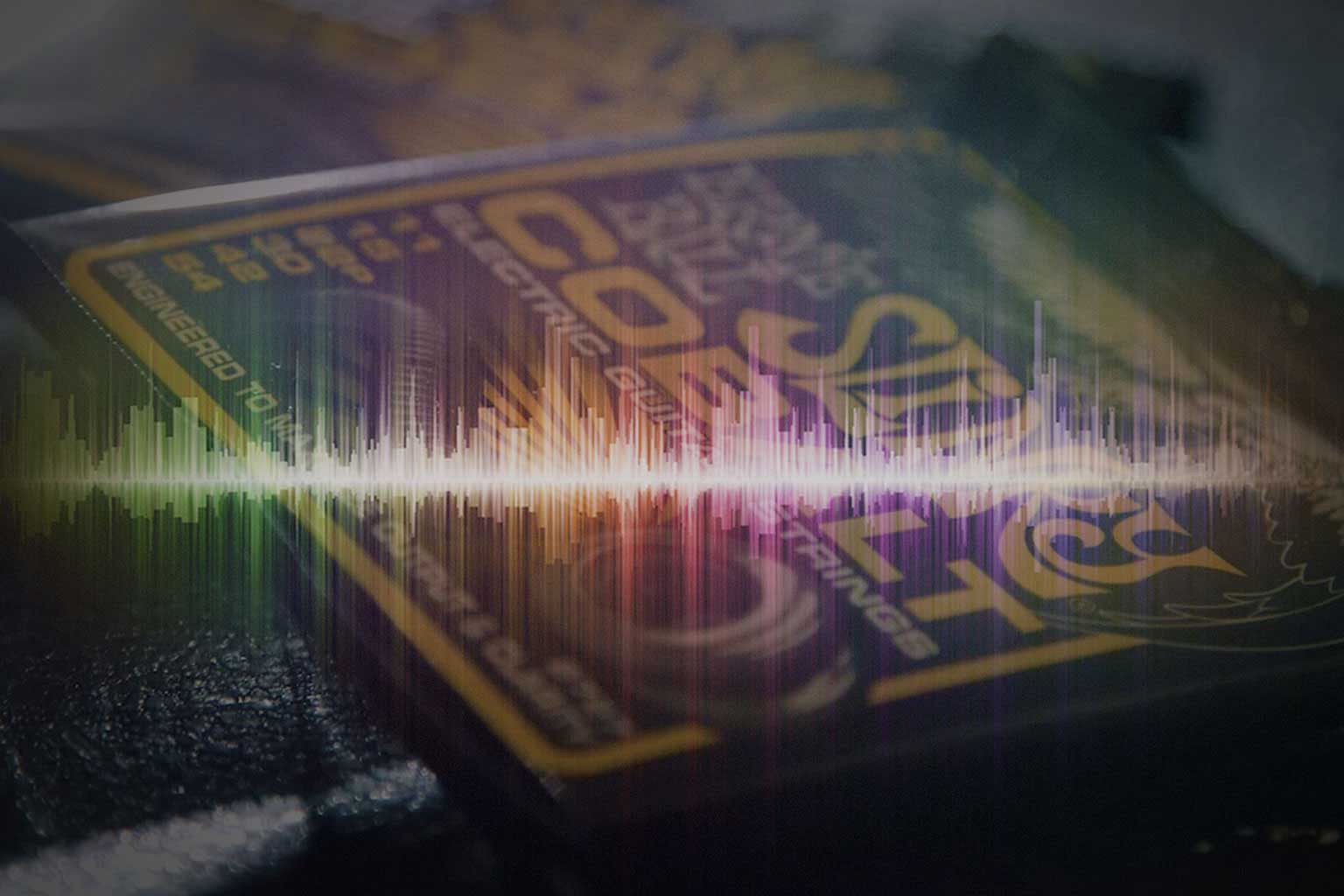-
 日本
日本


Dhani Harrison:
I'd never thought of myself as like a very accomplished guitar player, but I've always played in my own way and it served me emotionally I think, as a way of being a person.
Dhani Harrison:
I guess I grew up, my dad he played all the time but he never practiced and I think he didn't think of himself the best guitar player. And so I guess when I was growing up the focus wasn't on like shredding. Like I should have probably practiced more. But then it kind of became, that was the thing, that I just had an ability to play in my own certain way and the more that I kind of lent into that, the more I discovered who I was as a musician I think. So it's weird, it's one of those instances of not practicing actually helped me.
Dhani Harrison:
When I was a kid, my father shared a guitar technician with Eric Clapton and Pete Townshend and Angus Young, so there was always boxes of only balls and we had, you know, flight cases because of touring that were in the studio. And I used to love the action on the drawers so they'd always be going through stuff and they would just be these boxes of fluorescent strings. I was lucky I had Ernie Ball accidental sponsorship from when I was kid.
Dhani Harrison:
The Music Man guitar was like one of the things again that I was like playing, learning on. Then just having Eric Clapton's strap with the yellow tens on it and then I realized later on that they made other ones, because I only ever saw the tens because you know my dad was pretty straight when it came to like strings. He just had strings. Then you can start mixing and matching and now I just, wow, you can put anything on anywhere. I guess the older I got, the more bizarre, different kinds of strings setups Ernie Ball started releasing. I love the purples, the Power Slinkies that's the one. I don't really go below 11. A lot of the guitars in my house were set up for slide as well. So I grew up playing on a heavier set up and then wouldn't necessarily know that that was set up for slide, but they sounded great even if you weren't playing slides. I'm not the best slide player either. But...
Dhani Harrison:
Music's like therapy, you know? And I think that if I didn't have music, I'd probably have gone mad by now and definitely wouldn't be alive. Sometimes I go a really long time without playing and then suddenly you'll just one day pick up a guitar and like it just all just comes out at once.
Dhani Harrison:
I like getting to the point in a song where you've done all your singing, the song's written, you're on stage, everything's rehearsed and you're not trying to catch up with your thoughts, what's coming next or who's doing this bit or you know, did I get that right? And you just actually play, which is a very small percentage of the time for me and quite a lot of the time when that happens, you find yourself that you're actually not even touching the ground, which is a strange thing. Because most of the time if I look at a moment where I'm like, "Wow, that was the moment." I'm like, "Oh my feet on the ground."
Dhani Harrison:
So yeah, it's usually like last three seconds of the song when everything's gone well and you just finally look up to see everyone. That's always a good moment.
Dhani Harrison:
It was after listening to a lot of Graham Cox and I realized that like a lot of people really care about their guitar sound, almost to a point of where it's like where it becomes a thing. I just think that more often than not, people care too much about making a guitar sound. On my new record, I don't think I've even used an amp, which you know people can get really funny about. I just think however you can get a sound, even if it's just by putting the guitar on a table. If it sounds good, then fair play. Play on.
Dhani Harrison:
I think it's more just like story telling, whether in the lyrics or whether it's in your guitar playing. Like you've got a start, a middle and an end. You got to get from there to there, you know? And that's the arc of whatever the piece of music is. I see it more like that now because I've spent so much time composing, but it's got to be fully realized. You're only as good as your story really, doesn't matter how hard you can shred if you get to the point where it's not about anything. So I think storytelling is probably the most important thing. If you've got a good story, people are interested. And then anything else is a bonus.